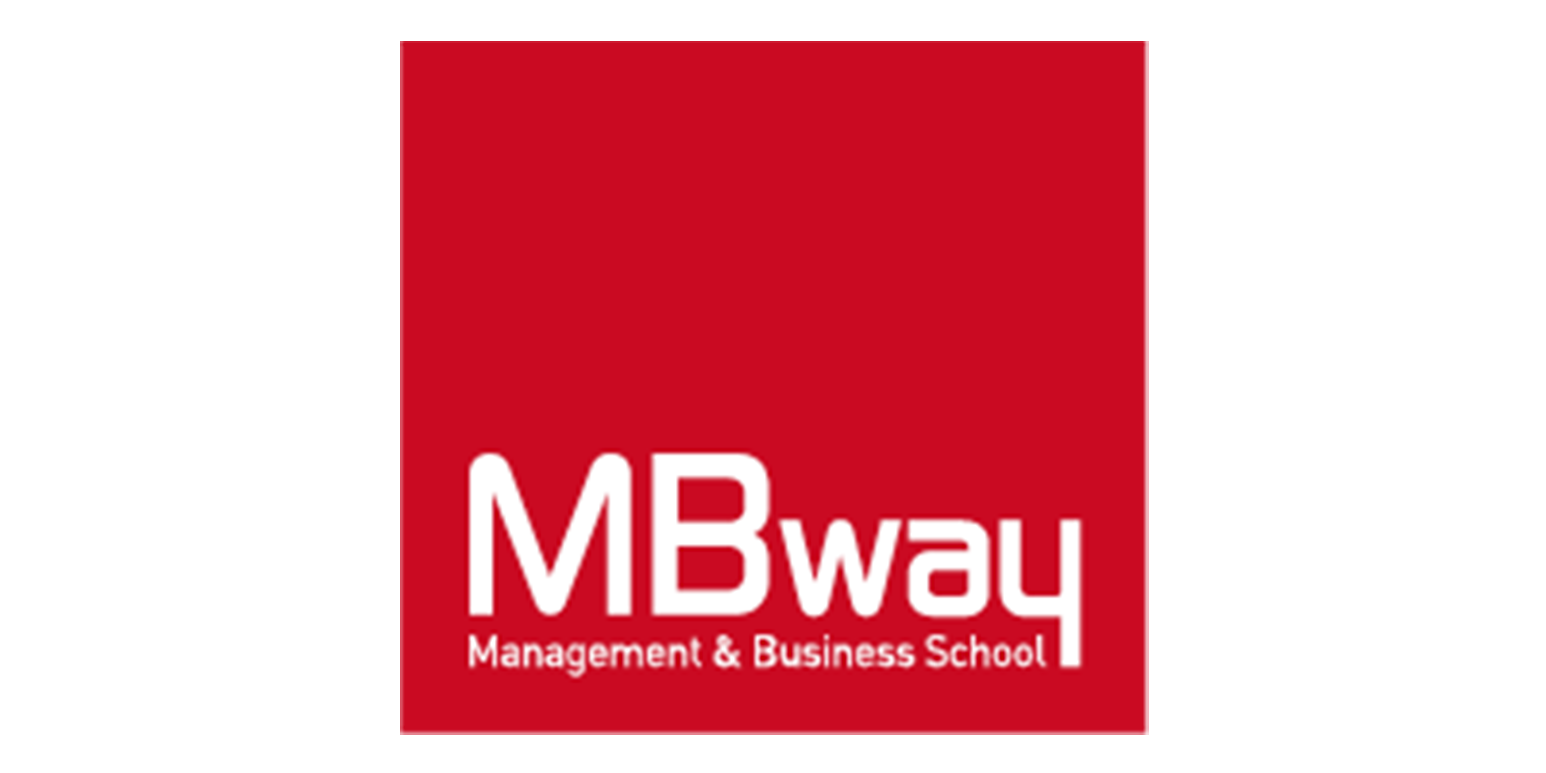4 tips for choosing your business and management course
1/ Define your career project
- What are your strengths? What do you enjoy doing?
- When joining the world of work still seems a long way off, thinking about your career project can be difficult. But it is nonetheless vital to think the question over before beginning a business and management course at a business school. To choose a profession or a sector where you would like to work, you need first to analyse your strengths, your skills and any weaknesses you might have.
Then draw up a list of your professional experiences.
- What have you learned from internships, student jobs, sports or association activities?
- What are your career ambitions?
- Would you like to work abroad?
- Would you like to study as part of a block-release programme?
- Your career project needs to take into account your values and your personal project, and can be defined by a skills profile such as the one on offer at MBway for each student following the entrance exam.
2/ Choosing between full-time or block-release courses
The vast majority of business and management courses are available full-time or as block-release programmes.
- Full-time education involves academic courses throughout the year with an internship in a company in France or abroad.
- Block-release programmes: students alternate between their business course and a job or assignment in a partner company. Several sorts of block-release courses are on offer: the long-term block-release internship (the student has a convention providing for an internship alternating with periods at school), the professionalisation contract (a work contract is drawn up between the student and the employer. A training convention is also signed between the partner company and the school where the student is taking a business course. In general, students spend 2 or 3 days a week in the company. The student has the same status as a company employee).
3/ Identify the opportunities of an international course
- What is the international dimension of the business course you are looking for?
- Are the lessons given in English? If yes, then in what percentage?
- Is it possible to study abroad? What are the school's partner universities?
- Are there obligatory internships? How long do they last?
- How many students can benefit each year? Are there any extra costs?
An international experience as offered today by most business schools is a real plus on a CV, because it is the guarantee of a graduate with an open mind, independence and a high level of English. The special partnerships at MBway: China - Australia - Mexico - Canada.
4/ Courses recognised by the world of business
One aspect that should not be neglected is whether the management or business course is recognised in the business world. Attending a school that is viewed positively by recruiters can make your access to employment easier.
- Does the school have strong links with the world of business?
- Does it have instructors working in the local economy or internationally?
- What are the internships and block-release programmes on offer?
- The network of former students is also an element to be taken into account. Is it dynamic? It can help, in particular, in providing future internships and job offers.
